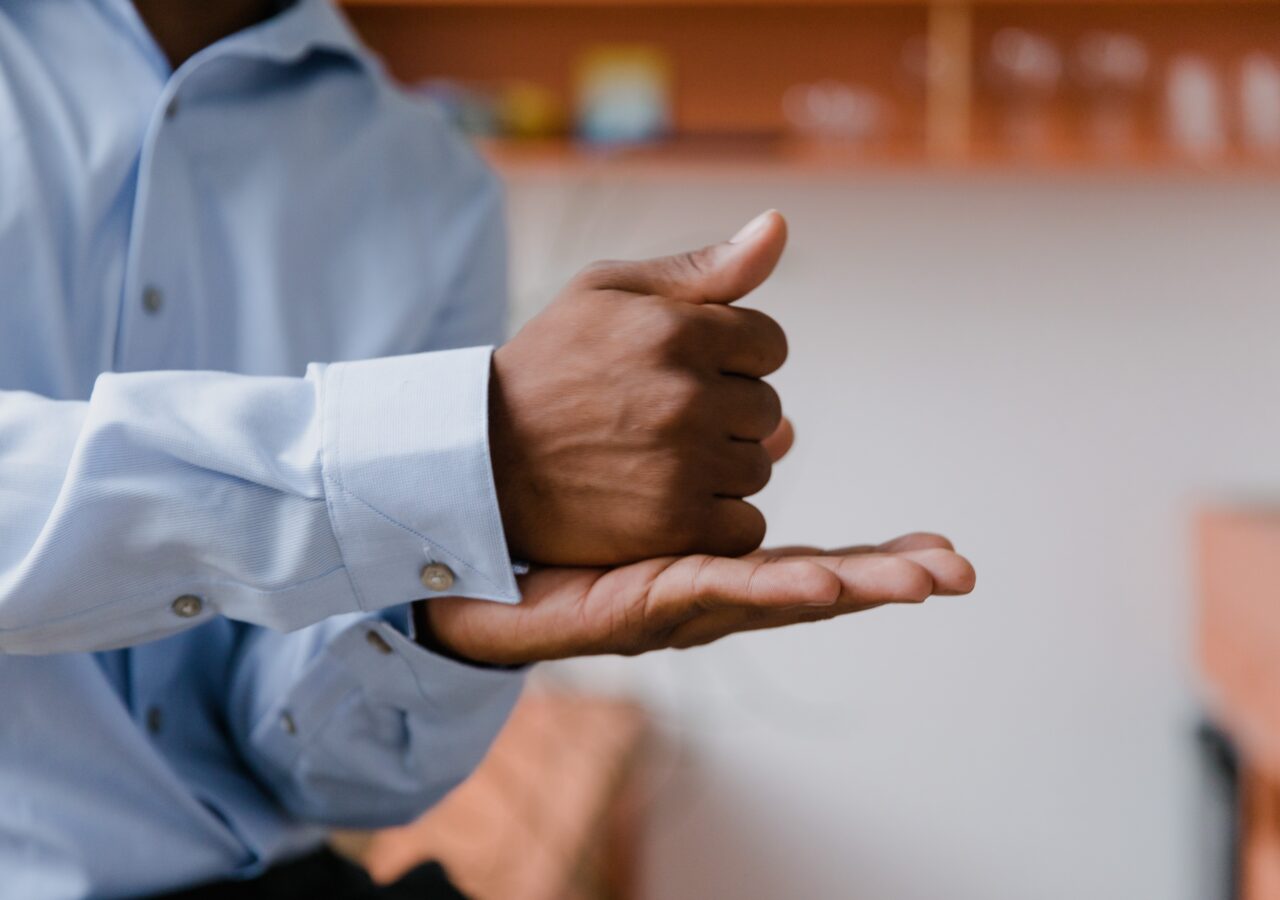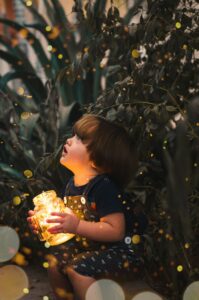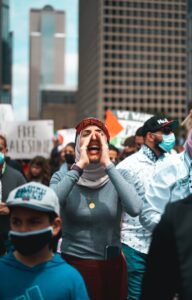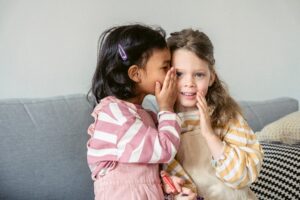I would like to advise anyone with a deaf child – please have faith in Allah’s blessing and wisdom. He has chosen you for a special reason, and He will give you strength every step of the way.

All Praise be to Allah, the Lord of the World,
Who created mankind in different colours, shapes, sizes and with different abilities,
And He created each one a unique being,
And He created each one with a wisdom which only He knows best
And He manifested His creation so that we may ponder and reflect
And Glorify Him for giving us the best.
Today, I’d like to talk about deafness.
Without going into medical details, in layman’s terms, deafness is defined as the inability to hear sounds. If we cannot hear sounds, the brain cannot register and therefore there is no output, no expressive speech, no understanding, no emotion etc.
However, Allah SWT, in His infinite mercy, by giving deafness to human being, He has also given them the ability to perceive, to understand, to be expressive, to display emotions, to talk, to relay messages, to be receptive and for the brain to register and respond.
So, one may wonder, how is that possible?
By using hand gestures, sign language, facial expressions, body language, lip-patterns – all these together are modes of communication for the deaf, with the deaf.
So now, let me explain about myself:
I was born in Arusha, Tanzania but grew up in Mombasa, Kenya. I was profoundly deaf from birth, being the only deaf child among 3 other siblings. I had a very supportive family and went to a normal school. My teachers, knowing that I was deaf, used to stand in front of the class so I could lip-read them. Not an easy task as the teachers move around the class at times and I have to keep turning just so I could lip-read.
Madressa was always after school until we finish Standard 4 and then it was on every Saturday until we went to High School. The syllabus was set so that all topics were covered by the time the student goes to High School.
My speech, Alhamdulillah, was clear – with mispronunciation here and there – which still happens today. I blended within the community but struggled at times. For me, lip-reading was a norm as there was no awareness, no sign-language!
On moving to UK after my marriage, I went for a hearing assessment. The audiologist suggested I start wearing two hearing aids (I was previously wearing just one). The balance was so much better to listening sounds. However, everyone’s level of deafness is different – in spite of advancement to modern technology, there are still some sounds I cannot hear, even today.
The world around us is very challenging. People have various misconceptions about deafness, or, should I say, disabilities in general. The fact that “a deaf person is also dumb” is very untrue. Valuable inputs from teachers of the deaf, speech and language therapists, supportive teachers and schools all play an excellent role in inclusiveness.
Deaf awareness courses, mingling with hearing and deaf peers and generally being more upfront about being deaf, has opened up communication barriers.
Our local community centre at Stanmore – Hujjat Islamic Centre – started majalis/ lectures in sign language, initially in a small room. We called it “The Special Class”. All the deaf would gather together just so they could access the lectures. Signing was initially done by Marhuma Zehrabai Khaku (may Allah bless her soul) who was the pioneer in setting this up. Eventually parents of deaf children were encouraged to sign too. Members of the public who felt interested were also encouraged to come and watch. Later on, courses on British Sign Language (BSL) were offered. This was a wonderful initiative as it encouraged a lot more people to learn sign language. We then focused on being more inclusive.
Today, our local community centre (Stanmore mosque) have announcements, lectures and in some cases poetry (depending on the language used). They are live-streamed alongside the main speaker in British Sign Language so the whole community can sit together and be united as one. Ladies’ lectures, depending on the availability on the day are also signed. Alhamdulillah.
To this end, I would like to advise anyone having a deaf child, to please have faith in Allah’s blessing and wisdom. He has chosen you for a special reason, and He will give you strength every step of the way.
Do not shy away but go through the beautiful journey with your child.
Make use of the inputs from the teacher of the deaf, speech and language therapist, learn sign language and communicate with your child, both verbally and by using sign language, and get involved with all the professionals working with your child. Most importantly, engage the child within the community and don’t hide them away.
Allah is the most Kind and Great.
And finally, I’d like to share some points to bear in mind when communicating with the deaf – be they children or adults:
1- Talk clearly so they can lip-read you – not too fast and not too slow.
2- Do not shout. Lip patterns can get distorted so misunderstandings occur.
3- Face the person. Do not look elsewhere when talking to the deaf person.
4- Do not be agitated when asked to repeat. They are simply trying to understand.
5- Do not be afraid to write things down. Sometimes this helps to clarify a lot of things.
6- Make sure you stand in good light. It is very difficult to lip-read or see signs in the dark or in poor lighting.
7- When having a conversation, try to stand/ sit in a quiet spot. It cuts a lot of background noise and the focus is so much better.
8- In group conversations, talk one at a time. Also make him/ her (deaf person) be aware as to who is talking. At the end of it, before moving on to the next stage, ask the deaf person if he/she would like to say anything. Remember, he/she has as much right as anyone else.
And finally, have patience. It may take a bit longer to converse but the message will get across.


